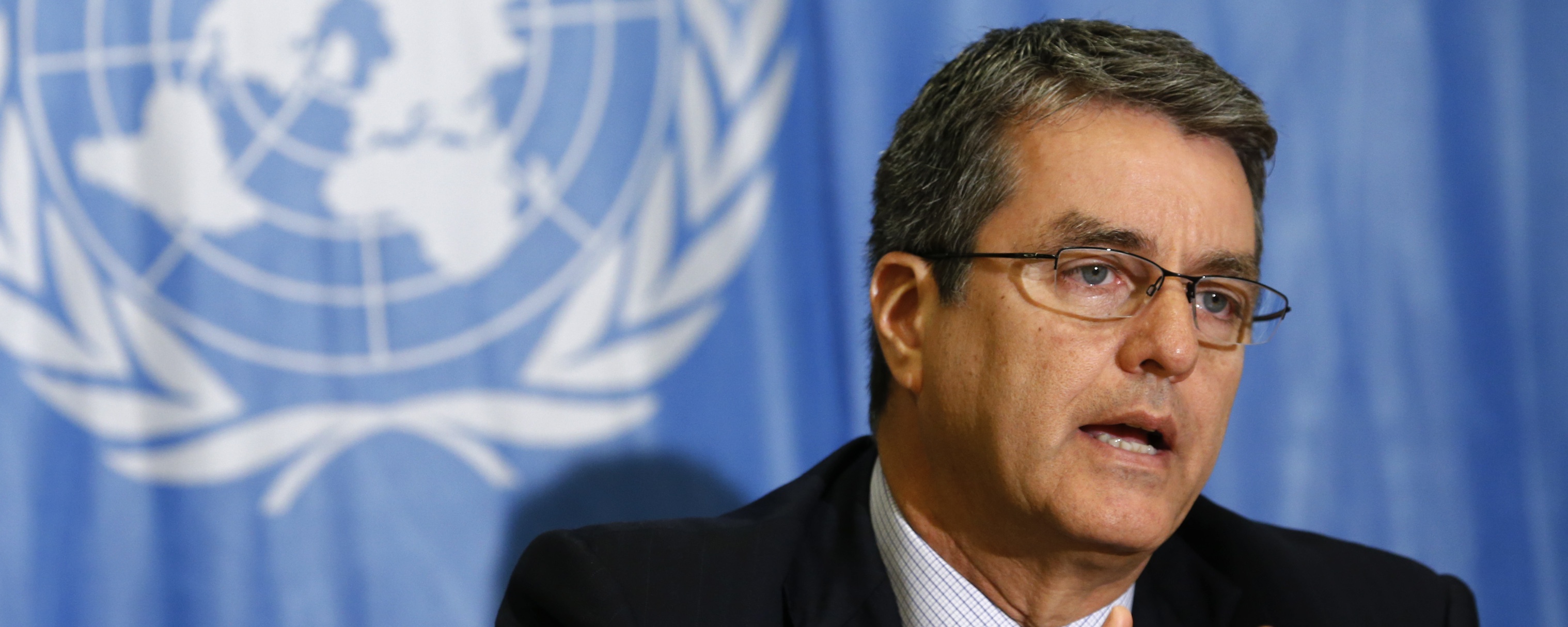A World Trade Organization agreement to cut red tape and streamline border checks came into force on Wednesday, with expectations of a 0.5% boost to the world economy by 2030, WTO Director General Roberto Azevedo said.
"The trade facilitation agreement is the biggest reform of global trade this century," Azevedo told a news conference. Trade costs are expected to fall by 14.3% on average, and by much more in poorer countries, adding 2.7% to global trade by 2030, news outlets reported.
Azevedo said the required two-thirds of member states have now ratified the deal.
"This is fantastic news," he told reporters at WTO headquarters in Geneva. "By ratifying the agreement, WTO members have shown their commitment to multilateral trading system."
Amid concerns about possible US protectionism under President Donald Trump, Azevedo said he had not spoken with any administration officials on trade, but noted that the US was among the first countries to ratify the agreement.
"This deal is about lowering trade costs, and as far as I know, all countries, all WTO members—are in favor of that, regardless of what their domestic situation is at any point in time," he said.
“I am absolutely confident that other WTO members would like to engage in a constructive way to try to find a path forward like we always have,” he said.
“I don’t think that we are facing anything that is unmanageable because different views and different opinions have been part of our work on a daily basis."
The Trade Facilitation Agreement, concluded in 2013, aims to cut red tape and speed up the flow of goods across borders, such as by prioritizing perishable goods and releasing products before customs duties are levied. It will also help WTO member states accept e-payments, limit export and import fees, and harmonize trade standards, ABC news reported.
WTO says the agreement could add 2.7 percentage points per year to world trade growth by 2030.
The treaty took effect after Rwanda, Oman, Chad and Jordan formally signed on, taking the number of participating countries above the required threshold of 110.
In a statement, the International Chamber of Commerce hailed a "watershed moment" for world trade and said the agreement could "provide a boost to global trade flows of over $1 trillion."


